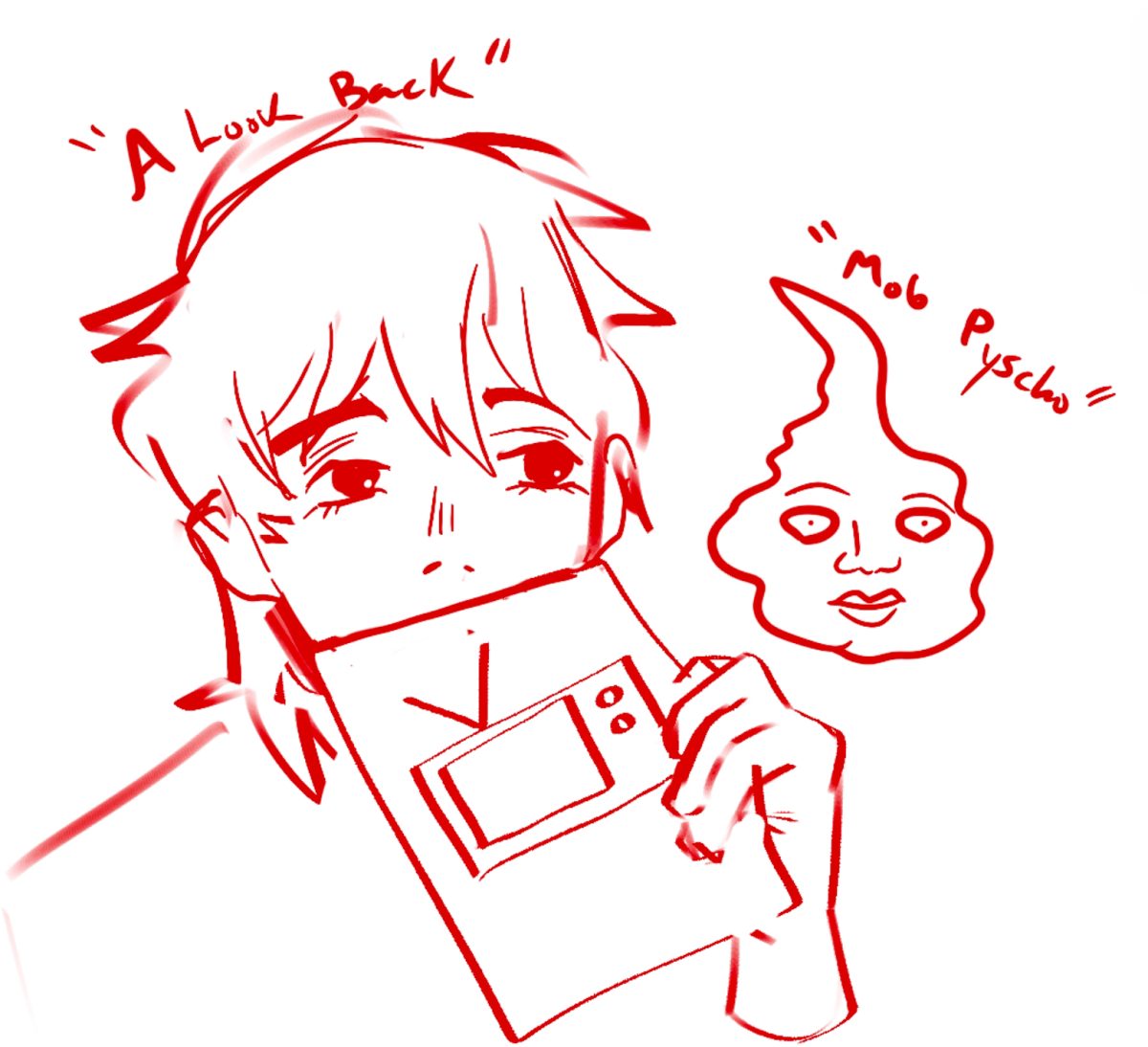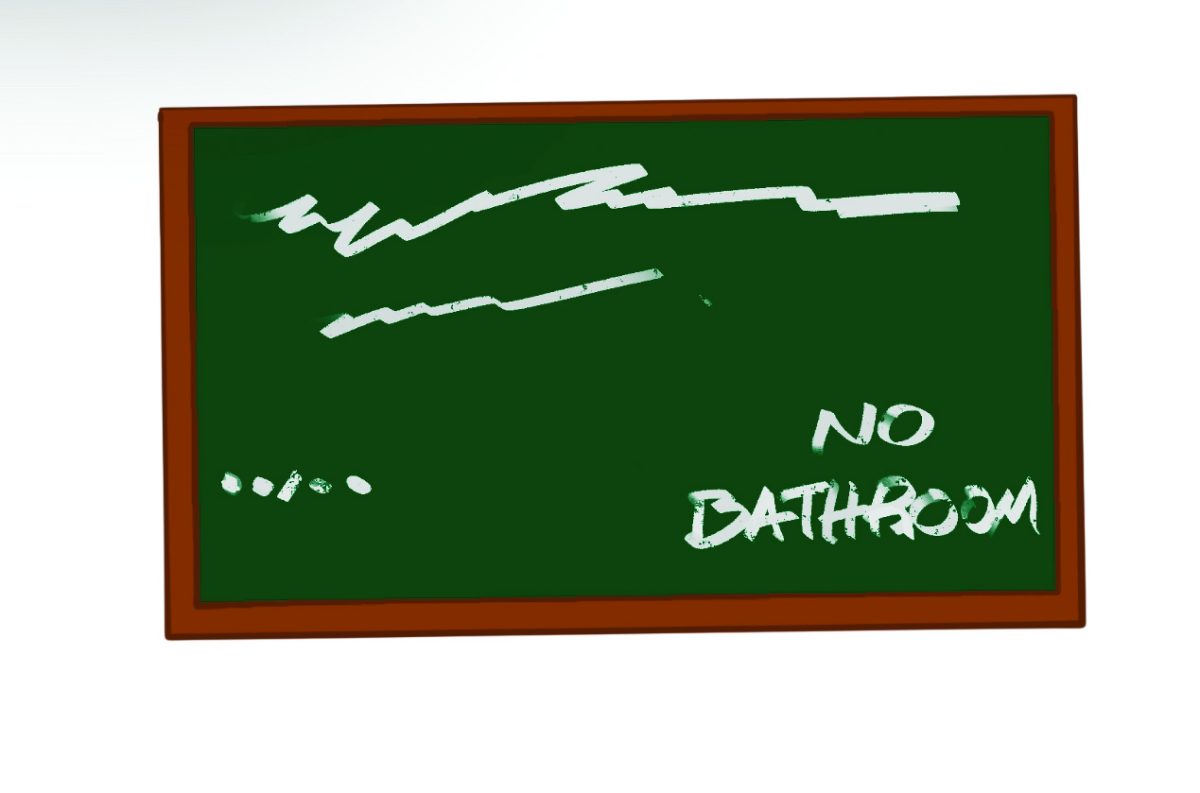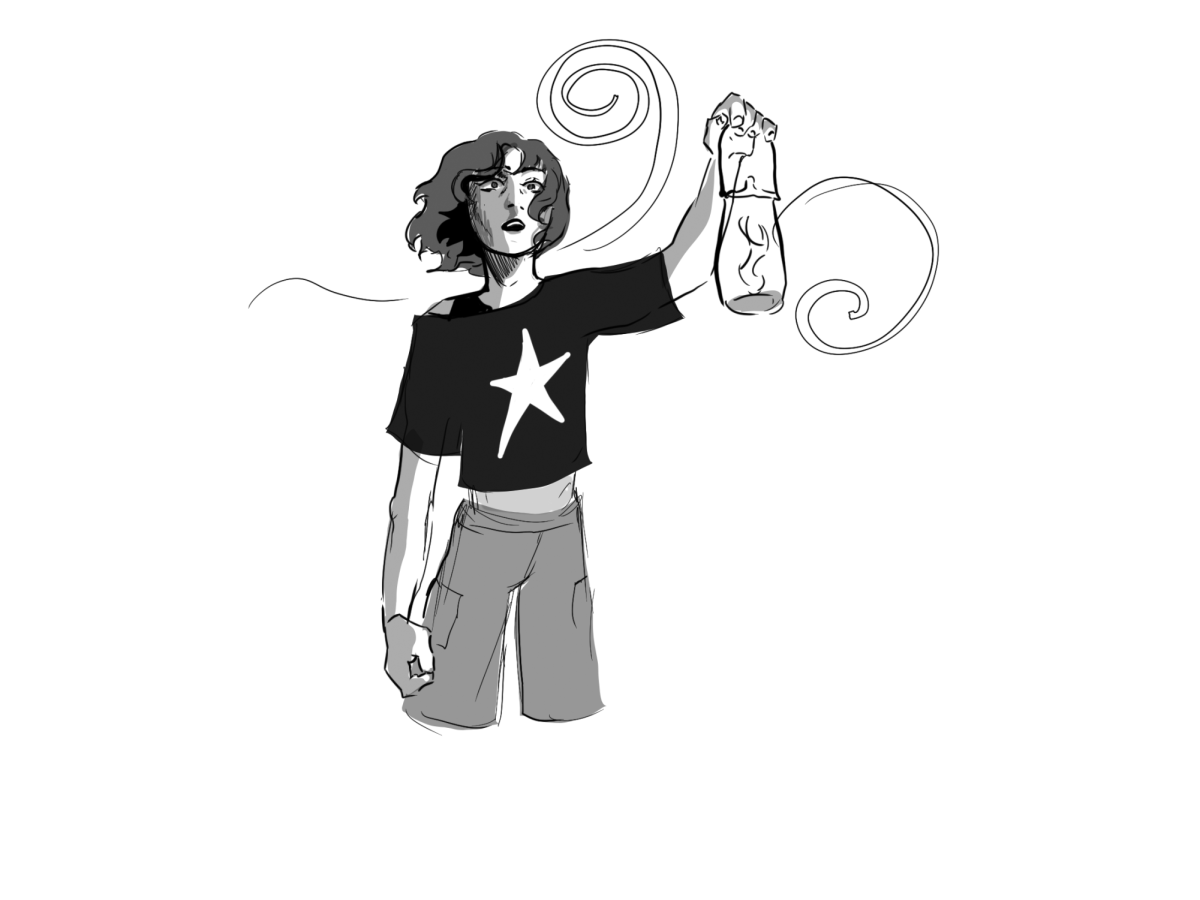As the presidential election date draws near, the big topic of conversation is which candidates will win their party’s nominations: Hillary Clinton or Bernie Sanders for the Democrats? Donald Trump, Ted Cruz or John Kasich for the Republicans?
However, there is another party of sorts that has little representation and is often overlooked, but can still have great power in the long run. That group is the independents – the citizens who do not vote based on party lines, but rather for the candidate whose views most closely reflect their own, government teacher George Dremousis said.
An independent, rather than voting out of dedication to one political ideology, votes across established party lines by voting conservative on one issue and liberal on another, all on the same ticket.
Being independent means having “some ideas that are consistent with the liberal ideologies and some that are consistent with the conservative ideologies,” Dremousis said.
According to Dremousis, those of the middle-aged demographic are more likely to identify as independents due to the lifestyle effect, which is the idea that as someone ages their political opinions will change to fit their needs at that time.
A Gallup poll conducted in 2014 found that Americans aged 18 to 40 were the most likely to consider themselves independents. A more recent Gallup poll conducted in January 2016 reported a record 43 percent of Americans identify as independent while 30 percent identify as Democrats and 26 percent identify as Republican.
Gallup reports the change in voter identification could be due to the dissatisfaction of the American public with the current political standoff in the federal government.
Currently, the majority of the House and Senate are Republican while the president is a Democrat. Most government actions require Congress and the president to agree on the different proposals. This has happened rarely in the past few years, because of the differences between the Republican and Democratic platforms and an inability to compromise.
Such partisan differences have halted any progress with policy making, both liberal and conservative. It is for that reason that voting independent rather than along party lines has gained popularity, Dremousis said.
According to Dremousis, being independent works well at the local level but not the national level, as it is much easier for independents to secure representation locally than nationally due to the power and financial support the established ideologies have.
“You might find [an independent] in a congressional seat, you might find someone in a state house or a state senate seat, you might find someone in a county council position, [but] outside of that it is hard to do,” Dremousis said.
Another obstacle independent candidates face is that everyone’s views are unique, as opposed to partisan politics which follow a distinct belief pattern.
Some may identify as independents because they vote conservatively on economic issues and liberally on social issues. Others may be the opposite, or anywhere in between. They all identify as independents but do not have the same views.
The diversity of beliefs that individuals in one group can have makes it hard to find a single candidate, outside of local elections, to represent all those views.
No one candidate is able to build enough support to rival that of the Democratic or Republican candidates in the current political atmosphere. This has led to independents not having a place on a national level.
This leads to independents having little power in some elections and great power in others. Without representation of their own, independent voters are forced to choose a side: Democratic or Republican. It is for that reason that in close elections, independent voters have such great power as they become the deciding factor.
The candidate that can appeal to the majority of independents and swing their votes toward their party gains the additional support necessary to secure the election.
One of the advantages to being an independent is the flexibility it allows a person to have politically. Being independent “gives [a voter]the power to vote the issues,” Dremousis said.
On a ballot, a voter can assess each measure, initiative and referendum separately and vote on each in a way that aligns the best with their ideologies and will affect them in the most positive way.
“I think in what we see in America today is too many people pointing fingers, telling people they are right or wrong when politics is supposed to be an individual belief system,” Dremousis said.
The beauty of being an independent is the freedom to make all decisions based on an individual’s personal situation. There are no rights or wrongs in the decisions a voter makes. It is their own personal belief, not choosing between two sides.
While the nation is not currently in a position where independents have the same power as those who identify with an established political party — Democrat or Republican — they still play an important role in the U.S. political system and provide an outlet to encourage the principles the nation was built upon by giving everyone the opportunity to express their political opinions.





